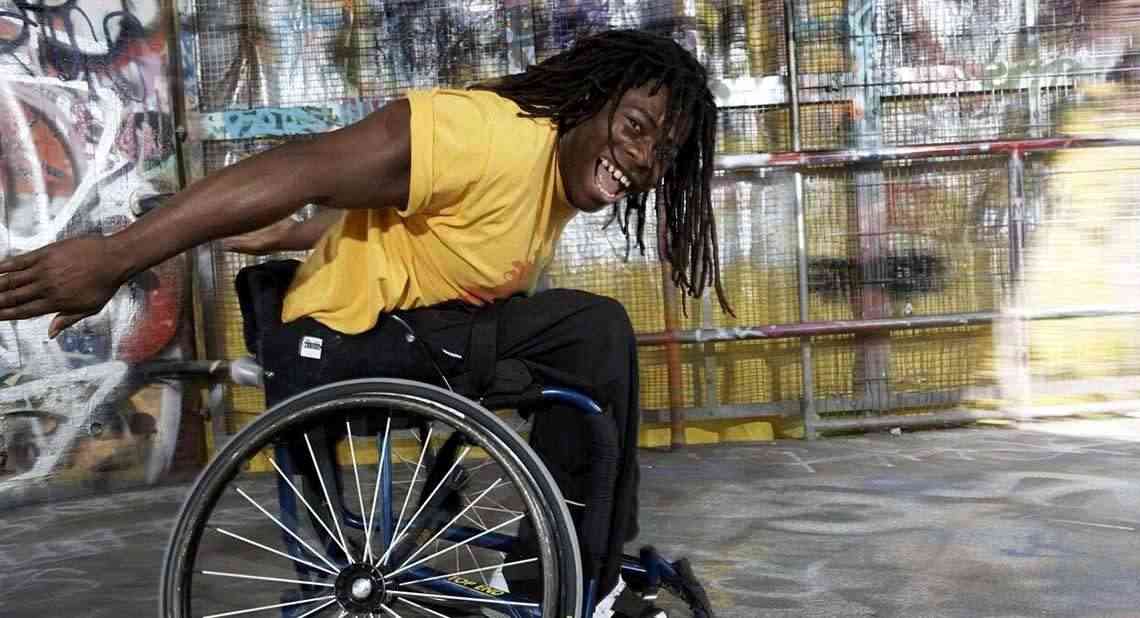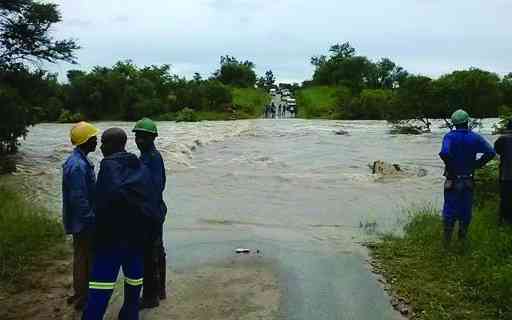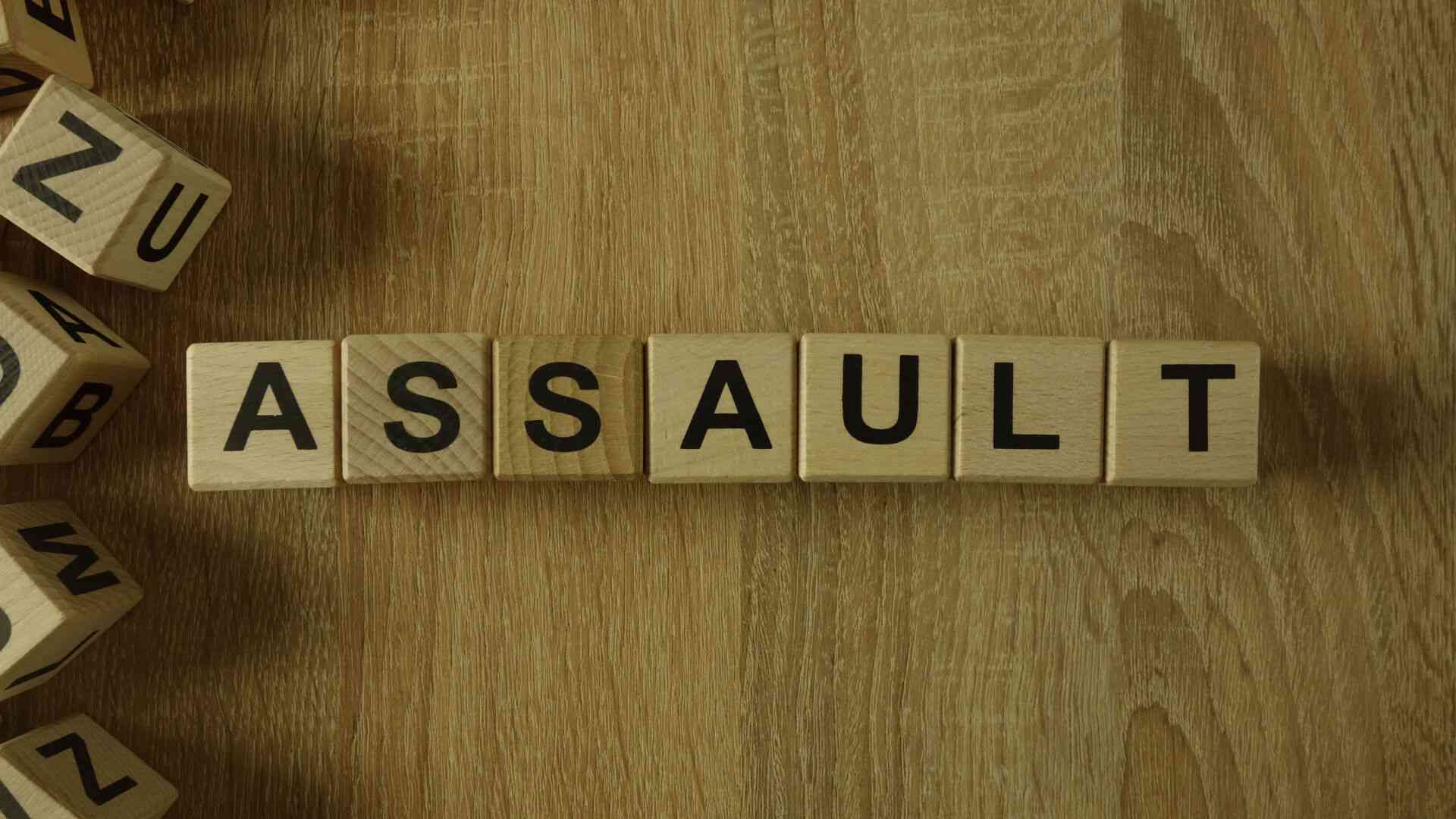
THE Zimbabwean society should embrace and accommodate people with disabilities (PWDs) on issues of education, delegates attending a seminar in Bulawayo heard.
The seminar, held at the Church of Christ on Friday last week under the theme Bridging the Gap, was hosted by the Mothers of Special Heroes (MOSH).
The event brought together psychologists, parents and community members to advocate for greater inclusion of children with neurodevelopmental disorders (NDDs).
Psychologist and child behavioural specialist Sharon Gomera said schools should adjust teaching and learning systems to meet the needs of learners with diverse abilities.
“Inclusive education is when all students, regardless of any challenges they may have, are placed in age appropriate general education classes in their neighbourhood schools to receive high-quality instruction, interventions and support that enable them to succeed in the core curriculum,” she said.
Gomera said all Zimbabwean children had a right to education and to be enrolled at the nearest school to their homes unless they cannot benefit, in which case they may be placed in another suitable institution with special needs.
“An inclusive learning environment must be respectful, welcoming and supportive, and disability-friendly classrooms ensure equal participation and success for every learner,” she said.
“For children with autism, teachers should establish clear routines, create class rules that foster safety and be mindful of sensory issues. For children with ADHD [Attention-deficit/Hyperactivity Disorder, a neurodevelopmental disorder characterised by persistent patterns of inattention, hyperactivity and impulsivity that can impair functioning in daily life.], strategies include allowing movement breaks, giving clear instructions and encouraging participation in sports. For learners with intellectual disabilities, hands-on methods, step-by-step guidance, charts and assistive gadgets are essential.”
- Scrap nomination fees for PWDs
- Apostolic Faith Witnesses to host conference in style
- Call for PWDs inclusion in electoral processes
- International Day of Persons with Disabilities: In the context of climate-induced disasters
Keep Reading
Gomera advised parents to accept their child’s condition, provide love and stimulation, and involve them in daily activities.
Community psychologist Nozipho Mojapelo said children with NDDs faced discrimination and neglect because disabilities were wrongly linked to witchcraft, curses, or divine punishment.
“This stigma isolates families, prevents children from accessing education or health services and increases caregiver stress, engaging the community is critical in building awareness, creating supportive networks and promoting inclusion,” she said.
“This theory created guilt and shame and distracted research away from biological explanations. Its legacy still fuels stigma and discrimination today.
“Negative attitudes and misinformation create barriers, while positive attitudes foster belonging, integration and quality of life.”
Mojapelo said myths not only stigmatised families, but also affected children’s self-esteem, leading to isolation, caregiver burnout, marital stress and anxiety about the future.
“For children, resilience builds self-esteem, emotional regulation, and reduces depression or anxiety,” she said.
“It depends on psychological, family, community and national support. When these layers work together, resilience is strongest.”
Mojapelo recommended coping skills such as emotional regulation, problem-solving routines, stress-relief activities and peer support, adding that communities could build resilience by promoting awareness, education, psychosocial support, economic empowerment and policy advocacy.
“Community engagement matters because it builds understanding, reduces fear and creates inclusive environments in schools, churches, and clinics,” she said.
“Together we can bridge the gap. Change begins with awareness, grows with action and flourishes through inclusion.”










